Lebanese election turnout exceeds 41 percent, initial results show
Preliminary unofficial results show that in-country voter turnout in the Lebanese parliamentary election was 41.04 percent, with the final make-up of the 128-member parliament expected to emerge soon.
The turnout figure is lower than the 49 percent seen in the 2018 parliamentary election.
While votes are still being counted, initial results show that nine candidates of the electoral list titled “Hope and Loyalty”, which was announced by the alliance between Hezbollah and Amal movements, in addition to other parties, won a majority of votes in Baalbek-Hermel.
Supporters of the resistance movements took to the streets of the city to celebrate the news after the preliminary results came out.
Meanwhile, the Maronite seat in Baalbek-Hermel was won by the Lebanese Forces (LF) candidate, Antoine Habashi.
The LF party was previously a militia group that emerged from the Lebanese Civil War (1975-1990).
Reuters cited Antoinette Geagea, the head of the press office of the LF, as saying that the party won at least 20 seats, up from 15 in 2018.
The reported gains mean the LF could overtake the Free Patriotic Movement (FPM), which is founded by President Michel Aoun, as the biggest Christian party in parliament.
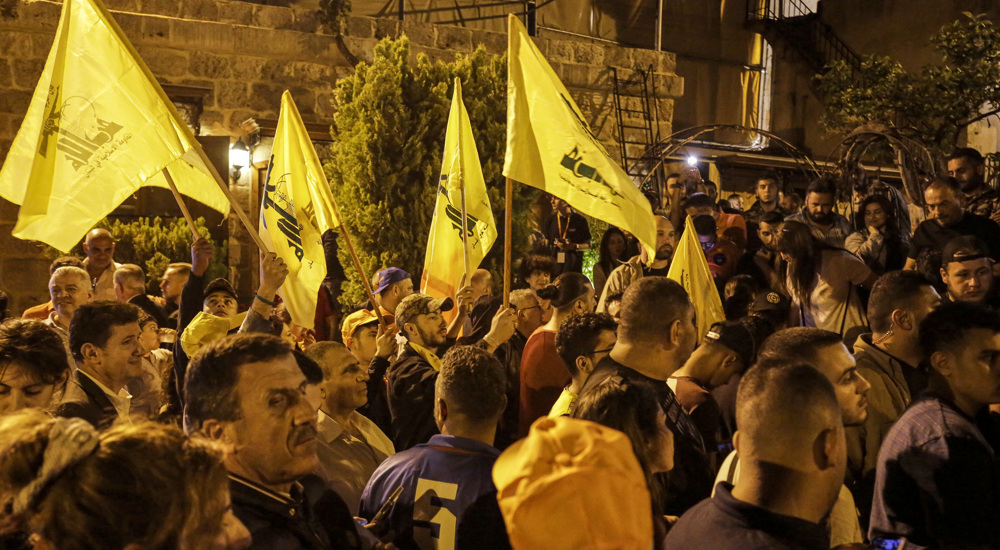
Sayed Younes, the head of its electoral machine, told Reuters the FPM won up to 16 seats, down from 18 in 2018.
In Nabatieh City, three candidates of “Hope and Loyalty” won a majority of votes.
The vote came as the country has been rocked by an economic meltdown that the World Bank has blamed on the ruling class and the 2020 devastating port blast in the capital, Beirut.
The economic crisis, which began in 2019, led to a currency collapse of some 95 percent and the plunging of more than 80 percent of the Lebanese population into poverty.
Lebanon’s parliament is equally divided between Christians and Muslims.
The last vote in 2018 saw Lebanon’s Hezbollah resistance movement and its allies, the Christian Free Patriotic Movement (FPM) and the Shia Amal party of Speaker Nabih Berri, secure a majority by winning 71 of the seats.
‘Election was scene of defeat for US, Israel’
Late on Sunday, Gebran Bassil, the head of the Free Patriotic Movement (FPM), accused the LF party of buying votes, saying the election was marred by “a forgery of the will of the people through paying money.”
Speaking at a press conference after the closure of the polls, Bassil noted that the party was not engaged in a normal competition with rival parties, but in a battle that “began, at least, on October 17 [, 2019], with the United States, Israel, and their allies.”
Referring to recent remarks made by David Schenker, the former US Assistant Secretary of State for Near Eastern Affairs, Bassil said the former official “admitted that he had run a confrontation with me, considering what I represent” and also acknowledged “the fall of the project that targeted us.”
Schenker had referred to the US role to hasten the economic collapse in Lebanon and how the administration of Donald Trump exploited Lebanon’s so-called October 17 movement to distort the image of – and also weaken – Hezbollah and its allies, including the FPM.
But Bassil stressed that “The movement emerged victorious in this battle,” noting that “it would have a large parliamentary bloc.”
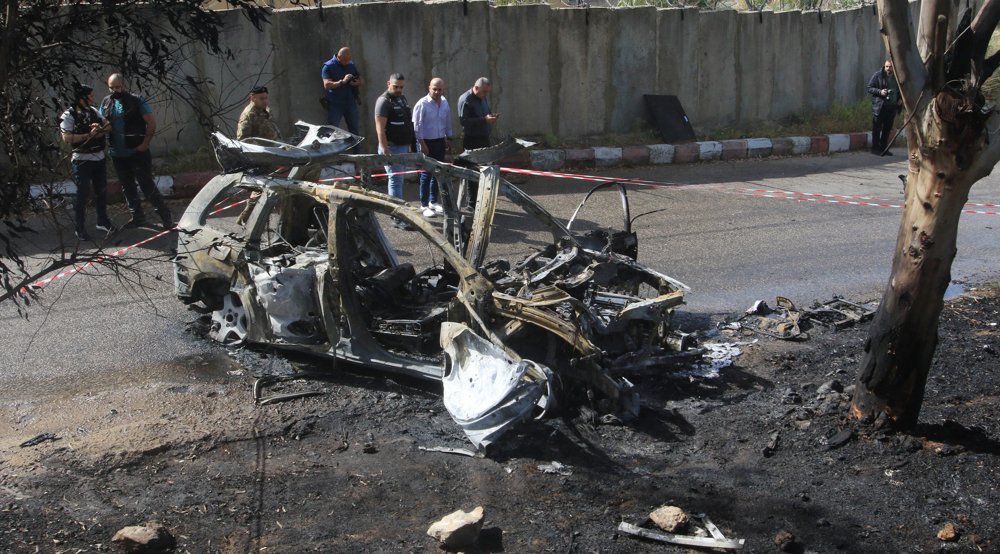
Hezbollah urges Lebanese govt. to act after Hamas-allied leader assassinated
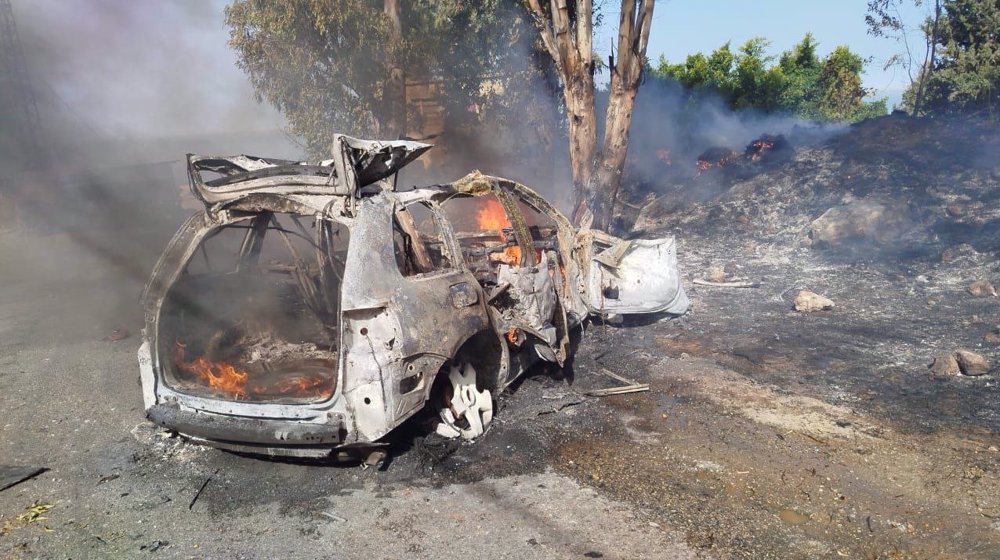
Senior Hamas-allied leader killed in Israeli drone strike south of Beirut
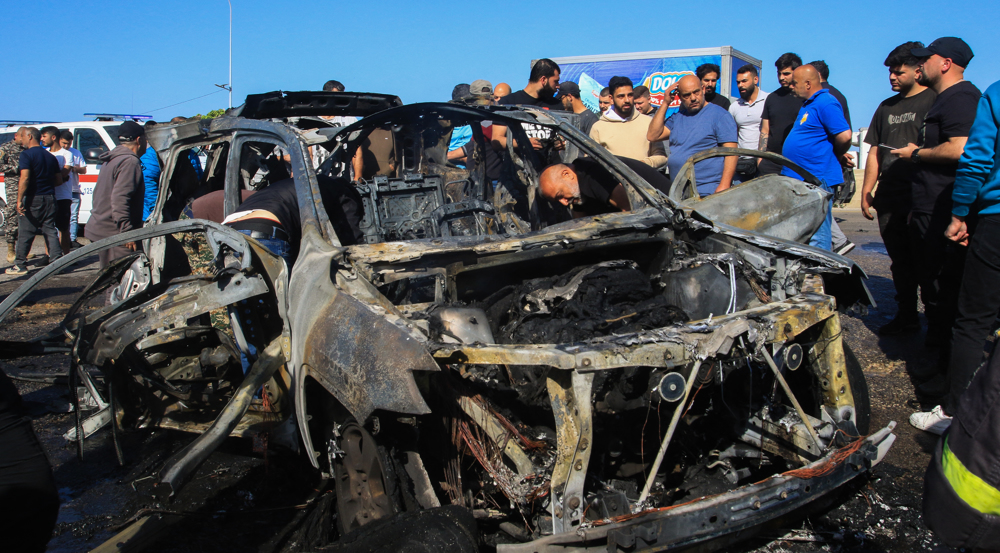
Israeli airstrikes kill at least two in southern Lebanon: Health officials
Iran-US talks: Trump, sanctions and the mirage of a durable nuclear deal
US universities defy Trump deportations of foreign students
WFP: Food stocks depleted in Gaza due to all-out Israeli blockade
Yemenis hold nationwide rallies to condemn US aggression, support Palestine
VIDEO | Press TV's news headlines
VIDEO | Gaza’s top surgeon killed under torture in Israeli jails
VIDEO | Araghchi arrives in Oman for US talks; termination of inhumane sanctions ‘priority’
VIDEO | Iran transforms Qeshm Island into Persian Gulf bunkering hub


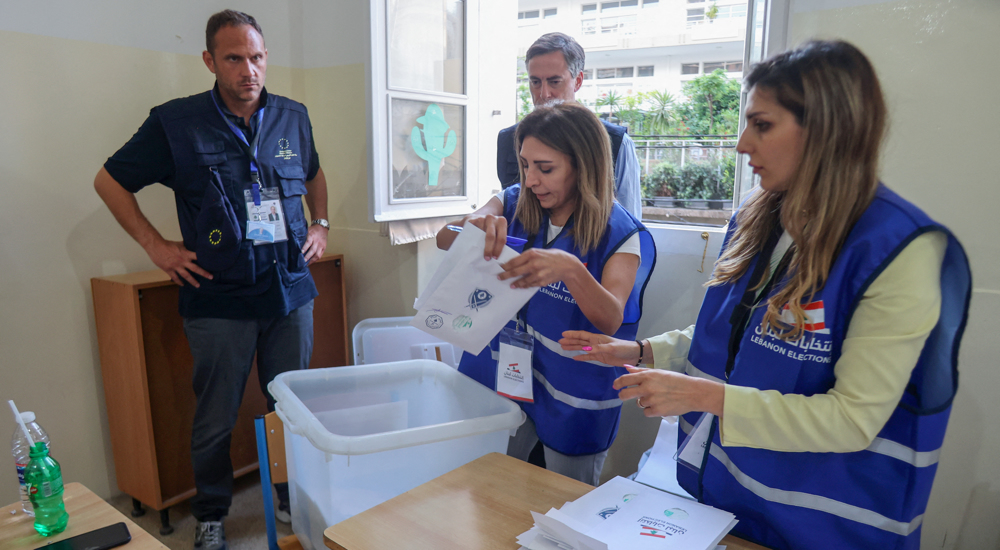
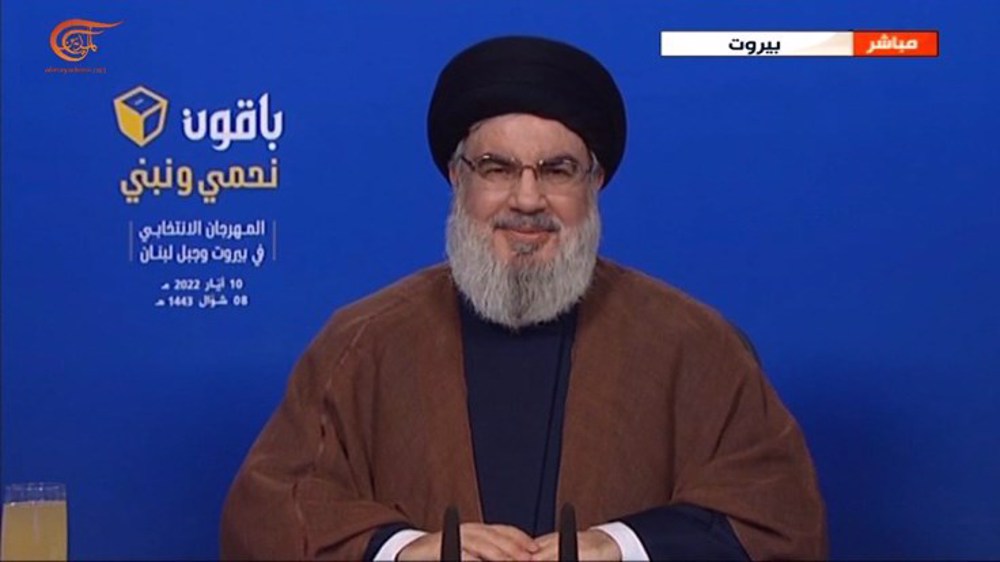



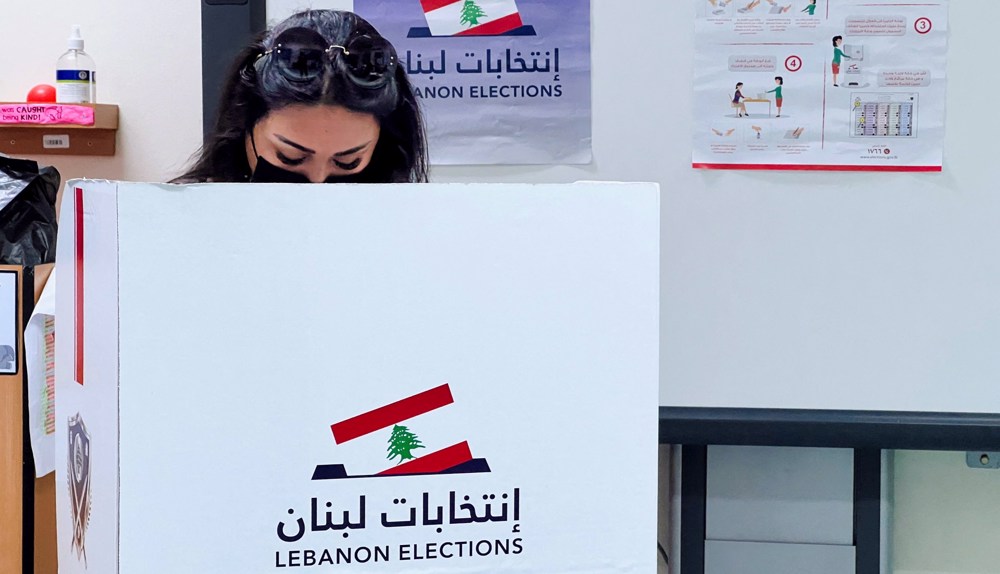

 This makes it easy to access the Press TV website
This makes it easy to access the Press TV website